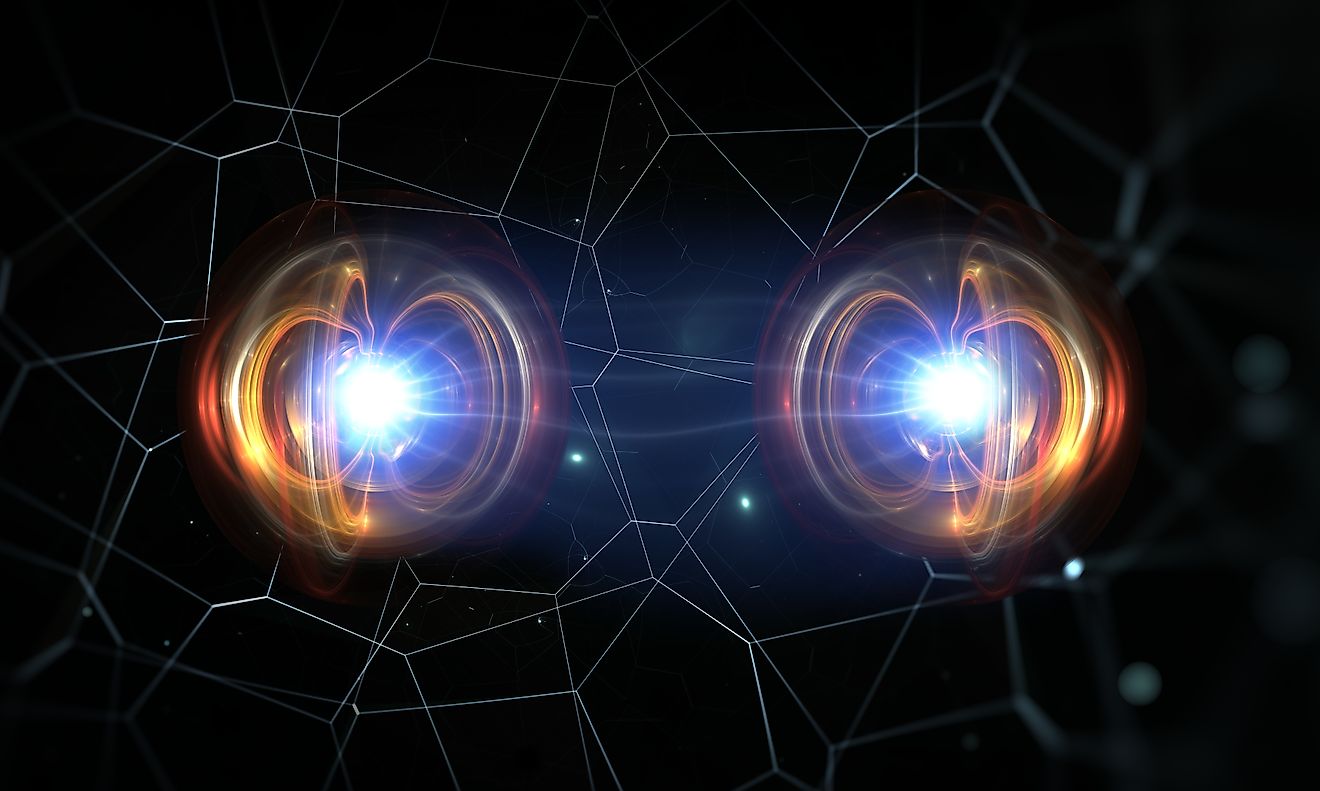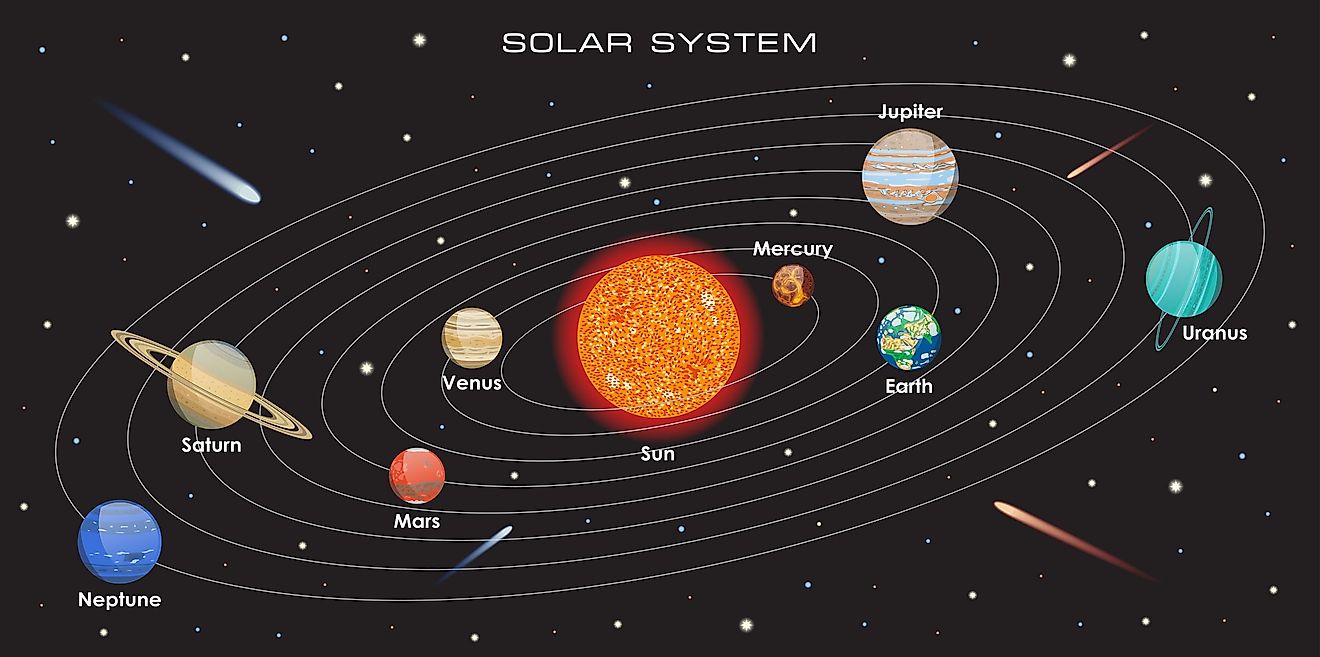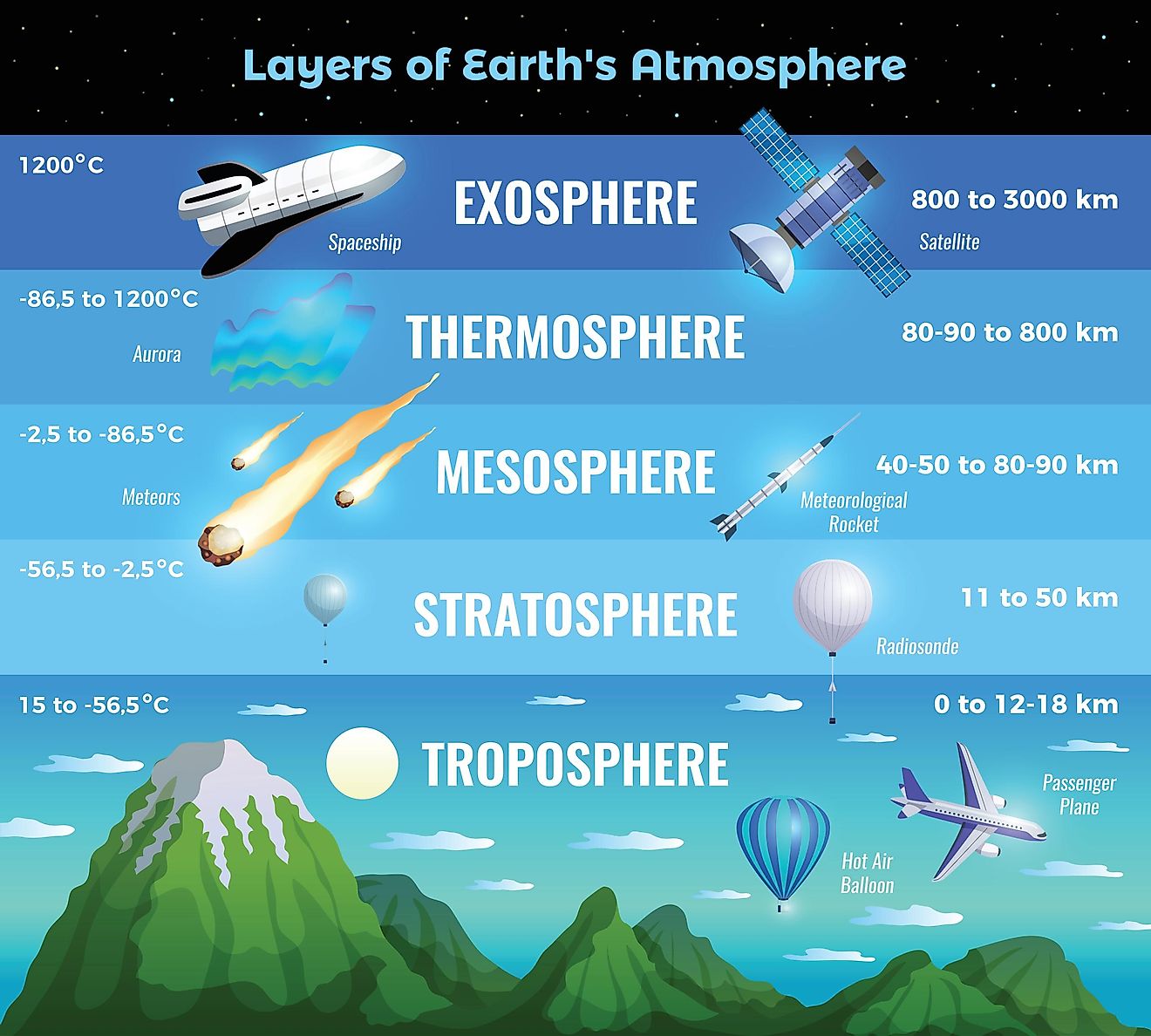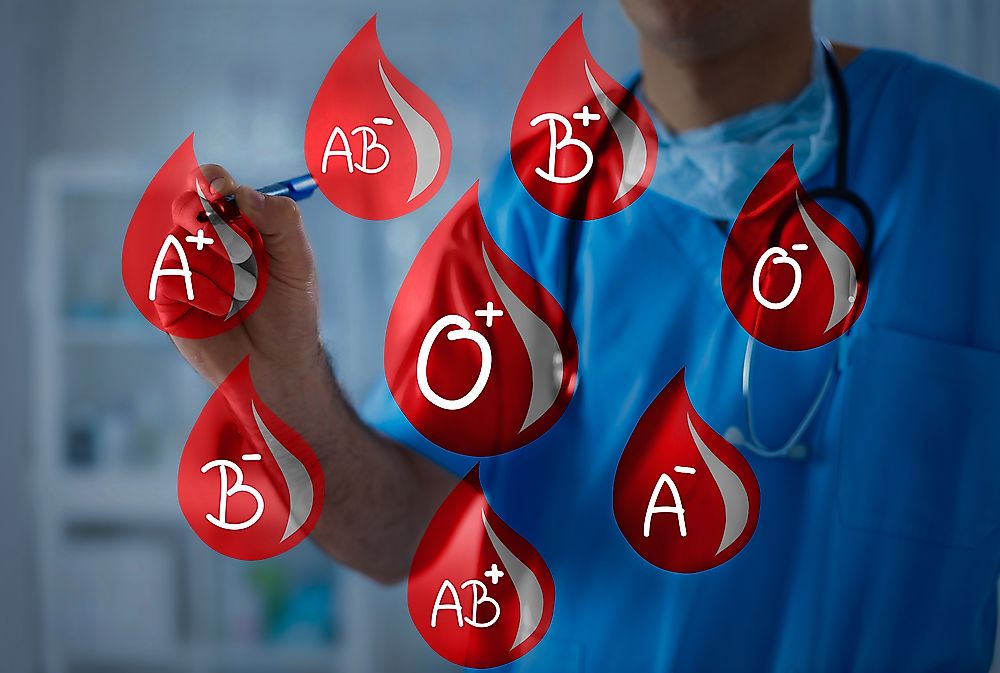
Five Reasons Why Humans Should Go To Venus
The next planetary destination for humans to travel to is often considered to be Mars. Mars is perhaps the most Earth-like world in our solar system, and NASA is currently developing the technology required to get humans to Mars. However, should Mars be our primary goal? Is there perhaps another world in our solar system that would be easier to travel to? As it turns out, there is an argument to be made that humanity should attempt to visit the planet Venus, and there are some good reasons why this should be the case. Here are five reasons why humans should visit Venus.
1. Venus Is The Closest Planet To Earth
Venus is far closer to Earth than Mars. The average distance between Earth and Mars is 140 million miles (225 million kilometres). Meanwhile, the average distance between Earth and Venus is 38 million miles (61 million kilometres). Venus is 102 million miles closer to Earth than Mars is, and so it would take far less time to reach Venus than Mars.
2. Venus Is Almost The Same Size As Earth
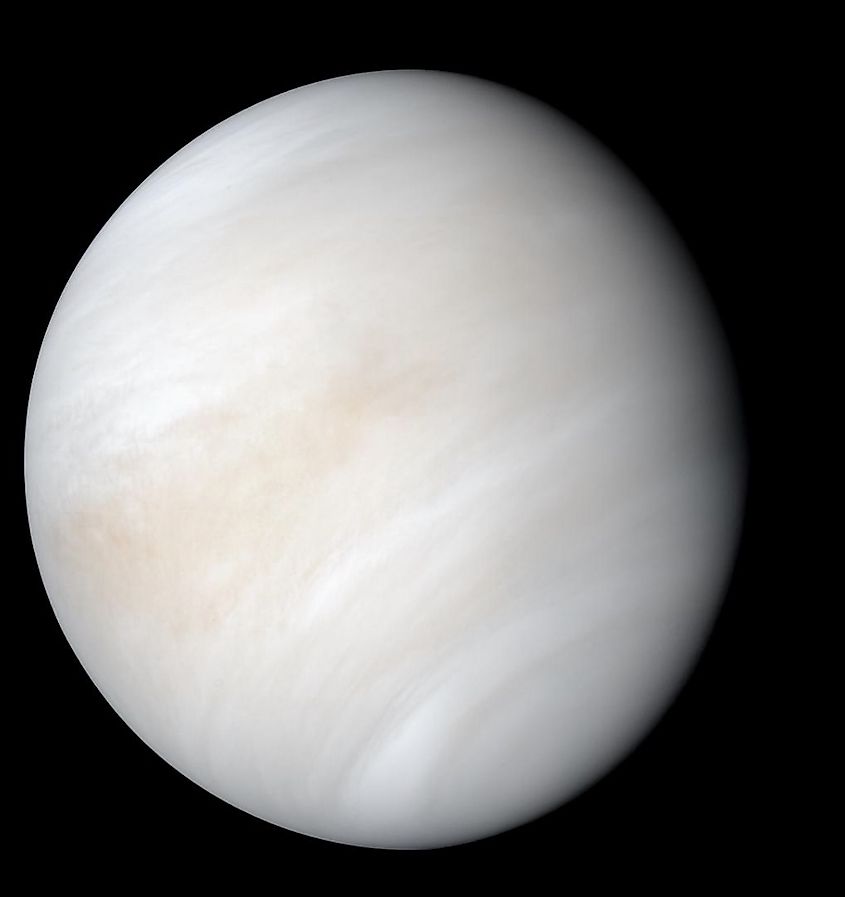
Venus is roughly 90% the size of Earth, making it the closest planet in size to our home world. Furthermore, it is 80% the mass of Earth, and so the gravitational pull you would experience would only be slightly weaker than what we feel on Earth. Unlike Mars, humans would not need to undergo any potential issues associated with low gravity.
3. The Upper Atmosphere Is Earth-Like
Although humans may not be able to directly land on the surface of Venus, we could survive in its upper atmosphere. Between 30 to 37 miles (50 to 60 kilometres) above the surface of Venus, conditions are very similar to those on Earth. Temperatures range around 80 to 98 degrees Fahrenheit (27 to 37 degrees Celsius), and atmospheric pressure is nearly identical to Earth’s. Furthermore, the atmospheric composition of the upper atmosphere is also nearly identical to the composition of Earth’s atmosphere. Around 78% of the gases are nitrogen, while 21% is oxygen. In fact, humans could very likely survive in the upper atmosphere of Venus with little protection. These conditions are far more Earth-like than anything on Mars.
4. More Solar Power
Venus is far closer to the sun than Mars, and thus anything that requires solar power will have access to more energy. Solar power is used extensively in space travel, and any missions to Venus would be heavily reliant on the sun’s energy. Thankfully, there would be no shortage of solar energy in the upper layers of Venus’s atmosphere, giving humans access to vast amounts of energy.
5. So Much Of Venus Is A Mystery

We know far more about Mars than we do Venus. Mars is by far the most studied world in the solar system other than Earth. Since so much of Venus is still a mystery, imagine how much we could learn about this world if we had a colony set up in the upper atmosphere. Our knowledge of Venus could potentially equal or surpass what is known about Mars.






